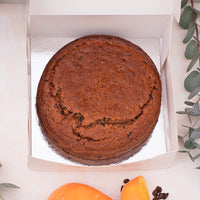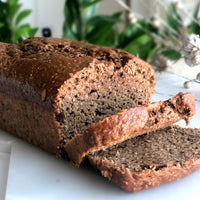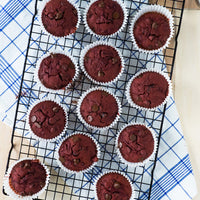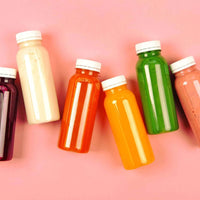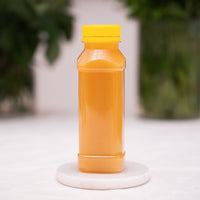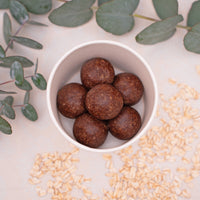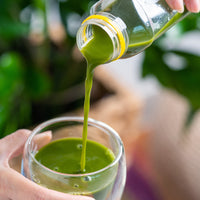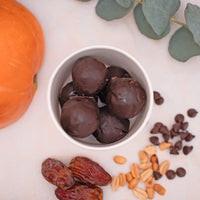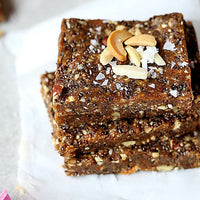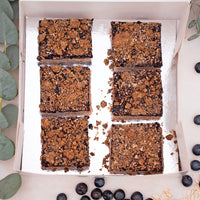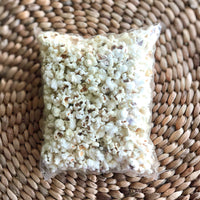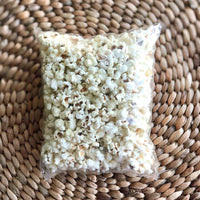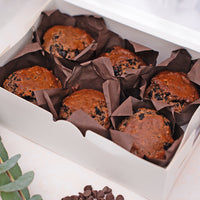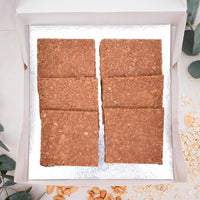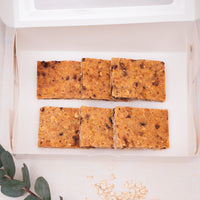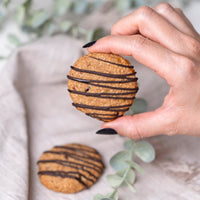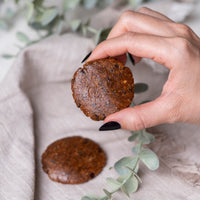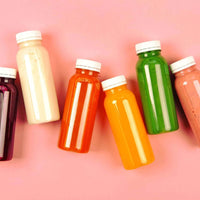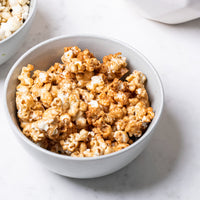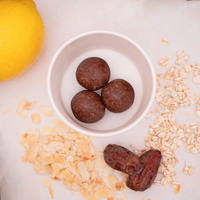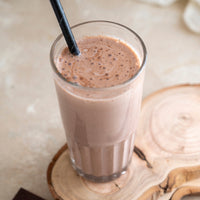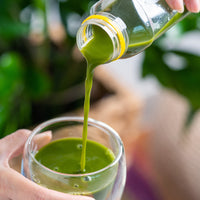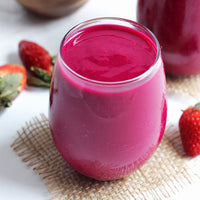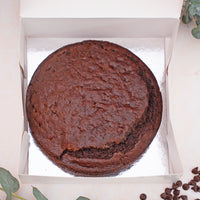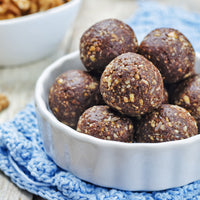
Everybody knows how healthy it is to eat more vegetables, fruits and whole foods, but there is one feeling which is not uncommon when starting to eat more plant-based wholesome foods… It is the uncomfortable belly bloating.
The excessive bloating occurs when large amounts of air or gas build up in the gastrointestinal tract which might cause pain and discomfort. The air comes from swallowing it while you talk, eat and drink, and the gas comes from bacteria that live in your digestive tract. These bacteria produce gas by feeding on the undigested carbohydrate and fibre from the foods you eat.
How to swallow less air while eating or drinking?
-
Eat slowly and try to relax while you eat
-
Chew thoroughly with mouth closed and save talking until after eating
-
Drink from a glass instead of a bottle, can or travel mug. Avoid using a straw to drink
-
Avoid chewing gum
-
Drink fluids lukewarm instead of hot
-
Avoid carbonated drinks like sodas and sparkling waters
-
Avoid overeating. Eat smaller meals and add another additional small meal if needed
The trio: fibre, water, activity
HIGH FIBRE FOODS
The fibre is a carbohydrate found in plant-based foods (legumes, wholegrains, vegetables etc.) that our digestive system cannot digest. Although we are not able to digest it, the fibre has some important functions within the body, such as helping to regulate food movements trough the intestines and keeps our gut microbiome healthy. Most people do not get enough fibre (recommended daily fibre intake: 25-30 grams) but increasing fibre intake too quickly can cause bloating. It is a good idea to start slowly with increasing the high fibre food intake over several weeks to allow the body to adjust to this change in the diet.
WATER
All the extra fibre you are consuming requires a significant amount of water to work its best. In fact, without enough water, fibre will have the opposite effect. In other words, you are literally plugging yourself up. Suggestion is to always keep a water bottle at your side and to drink small amounts of water throughout the day.
KEEPING YOURSELF ACTIVE
When you are eating enough fibre and drinking adequate amount of water, you still need another complimentary thing to make sure everything is rally working its best… It’s being active! Include at least 2½ hours of moderate to vigorous physical activity each week like walking, swimming, dancing etc.
This trio (fibre, water, physical activity) will keep things moving through the intestines and decrease the risk of constipation, which could be another reason for bloating.
Which foods cause the most discomfort?
Some foods are known to cause bloating more than others. Remember what causes bloating for one person, may not cause it for you. If you are suffering from this digestive discomfort, then try to find out your foods which are causing the belly bloat and then adjust your food choices to reduce the symptoms.
LEGUMES
Legumes take very important place in plant-based diet because they contain important amounts of plant-based protein, vitamins and minerals. Legumes may cause bloating because they have a high fibre content and contain oligosaccharides, which are carbohydrates that the body can find difficult to break down. Here are some cooking techniques to try to reduce the bloating factor:
-
Soak the legumes before cooking
-
Drain and rinse the soaked legumes. Do not use the soaking water for cooking
-
Cook legumes thoroughly, until they are soft
-
Try to cook them with a little kombu or wakame (seaweed), or a bay leaf
-
In case of canned legumes: drain and rinse legumes before eating
-
Start with small portions every day and gradually increase the portion size
VEGETABLES AND FRUITS
Raw vegetables Cooking foods lightly helps gently break them down and makes them easier on the digestive process. Enjoy more cooked foods over raw as you transition to a higher fibre diet.
Onions and garlic Onions and garlic contain fructans, which are soluble fibre that may cause bloating. People can substitute these vegetables with celery, collard greens, fennel or spices and herbs, such as chives and basil.
Cruciferous vegetables Cruciferous vegetables include cauliflower, broccoli, cabbage, Brussels sprouts and others. Cooking cruciferous vegetables makes them easier to digest. Or, alternatively, you can replace them with other vegetables that are rich in vitamins and minerals but will not cause bloating. These include baby spinach, zucchini, sweet potatoes, carrots, green beans etc.
Fruits The same as vegetables, there are some fruits which are known to cause more bloating than others. These are pears, apples, peaches, mangoes, blackberries, figs, dried fruit (prunes, figs, dates) etc. You can replace them with more safer options like bananas (unripe), blueberries, strawberries, clementines, kiwis, honeydew, passion fruits etc.
ARTIFICIAL SWEETENERS
Sugar alcohols or polyols are commonly found in sugar-free foods, chewing gums, protein bars, toothpaste and plenty of processed foods under names including sorbitol, lactitol, xylitol, mannitol and typically anything else with an "ol" ending. These sweeteners are generally considered to be safe alternatives to sugar. However, they may cause digestive problems in high amounts. The bacteria in your large intestine digest them and produce gas.
What else you could do?
ENZYMES
You can try supplements that contain the enzyme alpha-galactosidase to help digest the carbohydrates in grains, legumes and some vegetables.
CHOOSE ALTERNATIVES (LACTOSE INTOLERANCE)
If you are lactose intolerant you are unable to digest the sugar in milk and milk products and this can cause bloating. Use lactose-free milk and milk products, fortified soy, rice and almond beverage, soy yogurts and soy cheeses are also lactose-free and healthy choices. You may also be able to tolerate yogurt and some cheeses since these foods are lower in lactose.
SEE A DOCTOR
If you have tried these tips and still suffer from severe chronic bloating, you may need more help from a doctor and a dietitian. This means that other digestive conditions could be causing your symptoms.
Author: Lenda Lindermane from Lenda's Healthy Diaries.
